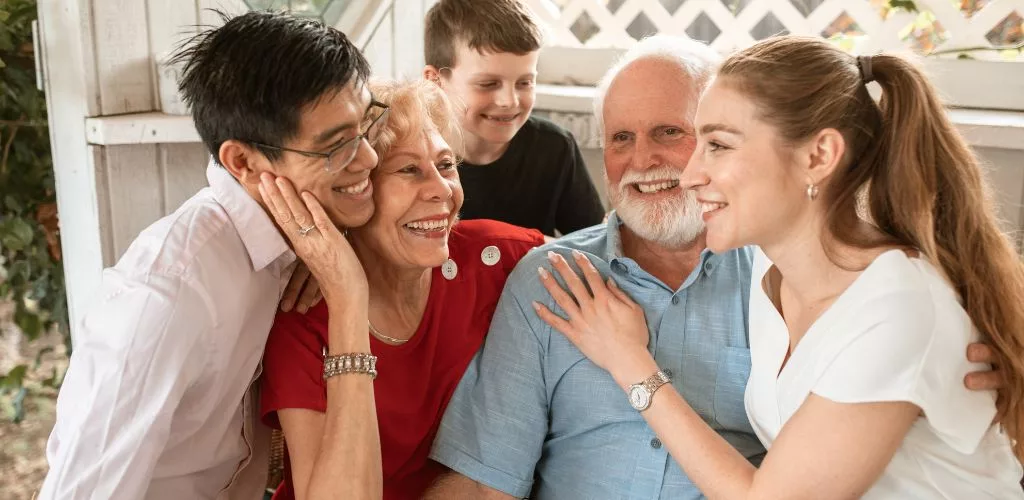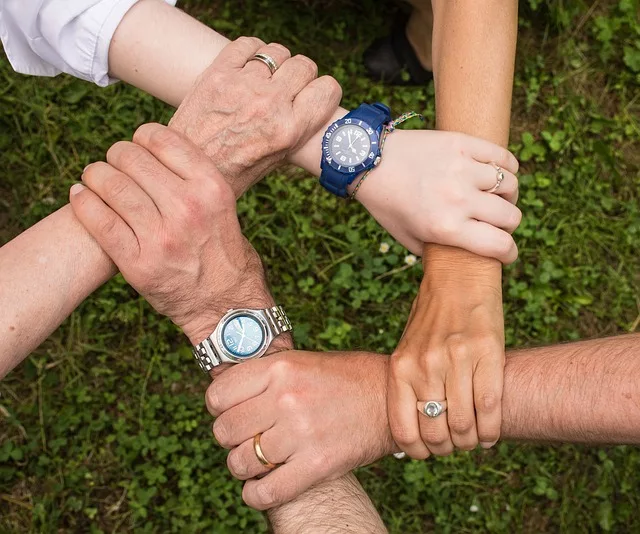Gratitude Definition
Gratitude means thanks and appreciation. It’s the warm feeling you get when someone helps you figure out a great solution to a difficult problem that you’ve been trying to solve. Though they both recognize the instrumental roles others have played in our lives, gratitude is different from indebtedness.
Practicing Gratitude and Its Impact on Neural Activity
Research indicates that the practice of gratitude positively influences brain function and overall psychological well-being. By directing attention toward objects of appreciation, individuals can facilitate neuroplastic changes that promote optimism and resilience.
Implementing the following evidence-based gratitude techniques:
Maintain a daily gratitude journal, documenting 3-5 items of appreciation each day to enhance neural pathways.
- Share moments of gratitude with loved ones to spread positivity.
- Engage in discussions of gratitude with peers to foster a culture of positivity.
- Participate in gratitude walks, attentively observing and acknowledging the environment’s aesthetic elements.
- Engage in meditation focused on feelings of gratitude and contentment to further strengthen positive mental states.
- Demonstrate gratitude through altruistic behaviors, contributing to social well-being.
Try these simple techniques to experience the benefits:
- Take a gratitude walk, noticing the small beauties around you.
- Meditate on feelings of appreciation and contentment.
- Express gratitude through acts of kindness and service to others.
Adopting a mindset centered on gratitude may significantly alter cognitive patterns and improve psychological health. Begin to integrate these practices for enhanced neural function and a more fulfilled life.

Gratitude: An Alternative Medicine for Anger and Depression
“1”: “Research suggests that people who regularly practice gratitude report higher levels of happiness and lower levels of depression.”
“2”: “This shift in perspective fosters a sense of connection and enhances emotional resilience during challenging times.”
“3”: “This simple yet powerful exercise not only helps you recognize the good in your life but also enhances your overall mood
“4”: “These shared experiences can deepen relationships and inspire others to reflect on their own blessings.”
“5”: “As you walk, allow yourself to be present and mindful of your surroundings, letting gratitude fill your heart.”
“6”: “This practice can increase your awareness of the positive aspects of your life and create a more uplifting environment.”
“7”: “Such gestures can reinforce social bonds and make you feel more interconnected with those around you.”
“8”: “By nurturing gratitude, we can cultivate a more fulfilling and joyful existence.”
“9”: “Embrace these techniques and watch how they positively influence your daily experiences.
Researched and Scientifically Proven Positive Emotional Health Impact:
According to a study from Northeastern University, practicing gratitude is an effective way to increase one’s patience, which then helps in making logical and better choices in the different aspects of life. Adding little by little gratitude may help reduce stress in college.
Research shows how a brief daily gratitude practice can positively impact emotional health and interpersonal relationships.
A study published in Social Psychological and Personality Science in 2012 found that individuals who practiced gratitude experienced lower levels of aggression; those who did not practice gratitude experienced increased aggression after being insulted.
Those practicing gratitude were significantly less likely to retaliate against others. This correlation is like laughter interrupting physical exertion. Just as it is impossible to continue a strenuous elicits a psychological state where aggression and anger find little foothold.
Gratitude has an important impact on mental, emotional, and physical well-being. Research shows that practicing gratitude can have numerous benefits.
Including:
1. Improved Mental Health
Practicing gratitude helps to lead a stress-free life. Nowadays, when every other person is suffering from some kind of stress or anxiety, gratitude brings inner joy and more peace to life.
2. Relationships Improve
Be it social or personal, relationships improve when we show gratitude towards others. It reduces aggression and we become more empathetic to others. Practicing gratitude can induce open, positive communication, which can strengthen our personal and social relationships.
3. Physical Health Benefits
People who practice gratitude have lower stress level, they sleep well and have better immunity as compared to others. Overall, they enjoy better health.
4. Emotional balance
Gratitude promotes emotional balance, which helps to face any adverse situation with positivity.
5. Improved Self-awareness
One stops comparing and becomes content with his/her own achievements.
6. Life becomes enjoyable.
Grateful people learn to appreciate little things in life and carry a positive attitude.
The Benefits of Gratitude
Practicing gratitude is a blessing that helps in the overall development of individuals. It helps one to be a better person, contributing positively to society.
Research has shown that people who think about things they are thankful for before bedtime are more likely to have a better quality of sleep.
Some people show that when they practice gratitude journaling, they experience a decrease in pain by 8% and are more motivated to exercise.
Gratitude can significantly lower stress levels and benefit mental and physical health, including improving the immune system.





